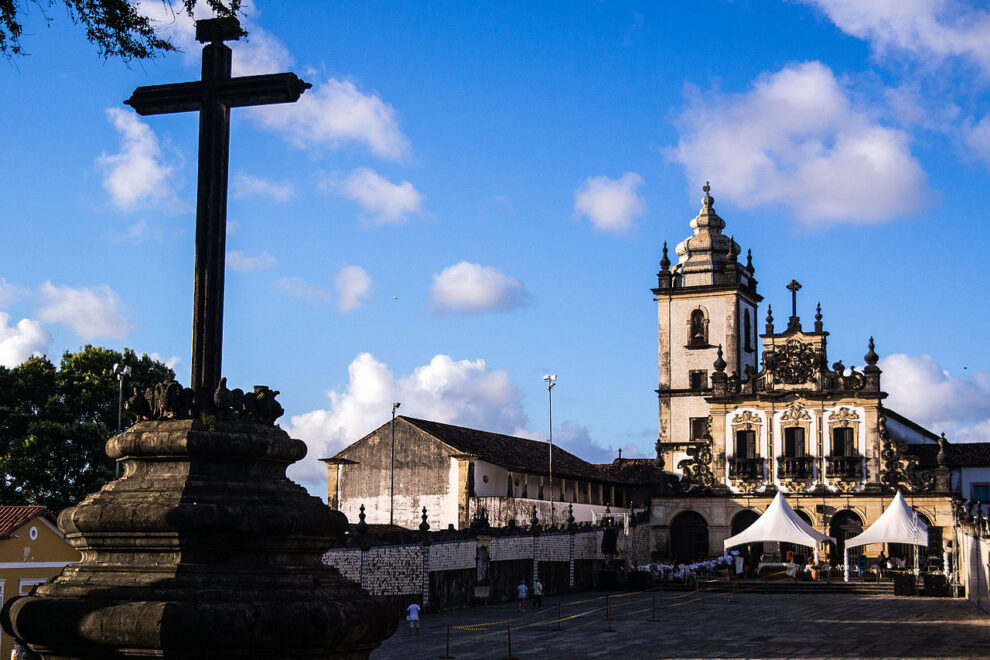The name João Pessoa resonates deeply in Brazilian history, tied to both a city and a man whose legacy is etched into the political and cultural fabric of the nation. João Pessoa, the city, serves as the capital of Paraíba, known for its striking coastal beauty and rich colonial heritage. João Pessoa, the man, was a politician whose assassination in 1930 sent shockwaves through Brazil, triggering a revolution that reshaped the country’s political landscape. This article unpacks the intertwined stories of the city and the man, exploring their historical significance and their enduring impact on Brazil.
The City: João Pessoa’s Transformation Through Time
The city of João Pessoa, originally called Nossa Senhora das Neves, was founded on August 5, 1585, making it one of the oldest cities in Brazil. It was renamed multiple times before receiving its current name in honor of João Pessoa Cavalcanti de Albuquerque, the man who became a martyr in Brazil’s political history.
Located on the easternmost point of the Americas, João Pessoa boasts a unique claim: it’s the first city in the Americas to see the sunrise each day. Beyond its geography, the city is renowned for its colonial architecture, historic churches, and lush green spaces. Its economy has long been tied to agriculture, particularly sugarcane, which shaped its development during the colonial period.
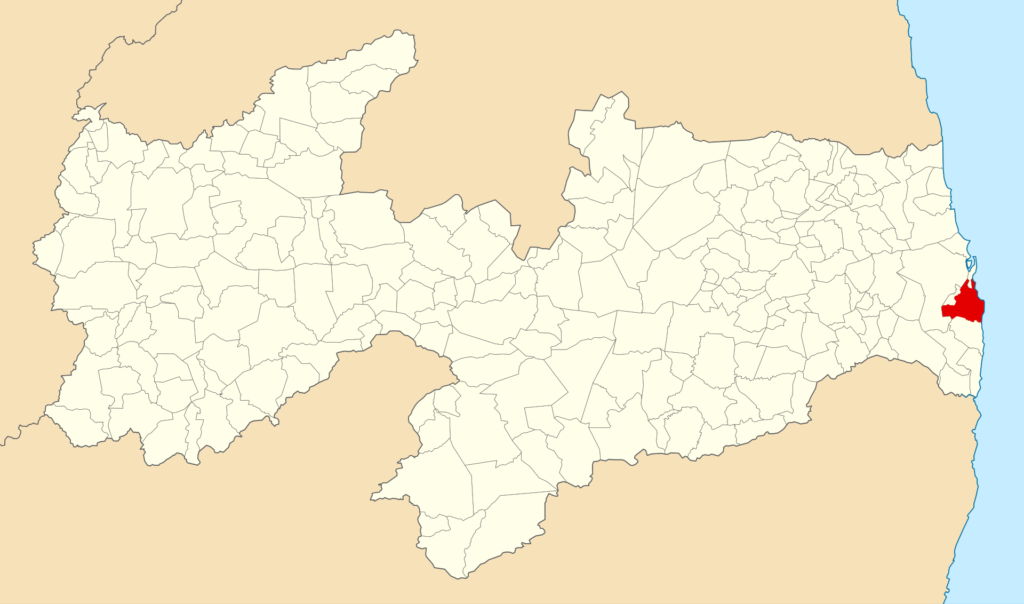
By the early 20th century, João Pessoa had become a regional center for trade and politics, playing a crucial role in the events that led to its rechristening and lasting national significance.
The Man: João Pessoa Cavalcanti de Albuquerque
João Pessoa Cavalcanti de Albuquerque was born on January 24, 1878, in Umbuzeiro, Paraíba. A lawyer by training, he was known for his sharp intellect and uncompromising integrity. His political career saw him rise to the position of governor of Paraíba in 1928. As governor, Pessoa implemented a series of reforms aimed at modernizing the state and curbing corruption, often clashing with powerful oligarchic families entrenched in the sugar industry.
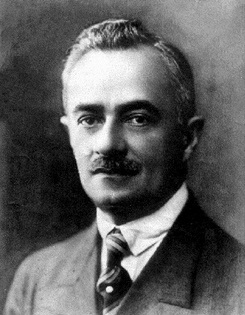
Pessoa’s governance was characterized by his progressive policies, including the regulation of public finances, investment in education, and attempts to decentralize political power. However, his tenure was marked by fierce opposition from local elites, making him a polarizing figure.
The Assassination That Changed Everything
João Pessoa’s death was not just a murder; it was a political earthquake that forever altered Brazil’s trajectory. The event took place on July 26, 1930, in Recife, Pernambuco. Pessoa was shot by João Dantas, a lawyer and political adversary, in the Gloria Café.
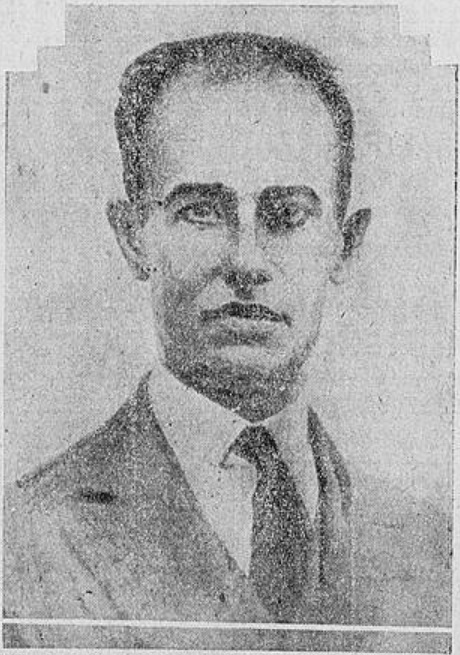
Dantas’s motive was personal as much as political. Pessoa’s administration had exposed corruption linked to Dantas and raided his office, where compromising letters between Dantas and his lover were seized and made public. Humiliated, Dantas sought revenge. However, the murder quickly took on national significance, becoming a symbol of the larger political struggle gripping Brazil at the time.
The Context: The 1930 Presidential Election
Pessoa’s assassination occurred against the backdrop of one of the most contentious moments in Brazilian history: the 1930 presidential election. At the time, Brazil was dominated by the “café com leite” (coffee and milk) political alliance, in which power alternated between the states of São Paulo (coffee producers) and Minas Gerais (milk producers).
This arrangement collapsed when President Washington Luís supported another São Paulo candidate, Júlio Prestes, instead of backing the governor of Minas Gerais, Antônio Carlos Ribeiro de Andrada, as tradition dictated. In response, Minas Gerais joined forces with Rio Grande do Sul and Paraíba to form the Liberal Alliance, opposing Prestes’s candidacy. João Pessoa was chosen as the vice-presidential candidate alongside Getúlio Vargas, the governor of Rio Grande do Sul.
Despite widespread discontent with the ruling oligarchs, Júlio Prestes won the election amid allegations of fraud. The Liberal Alliance refused to concede, setting the stage for a revolution.
The Revolution of 1930
João Pessoa’s assassination acted as the spark that ignited the Revolution of 1930, a movement led by Getúlio Vargas to overthrow the oligarchic First Republic. Vargas and his supporters used Pessoa’s death as a rallying cry, framing it as evidence of the corruption and moral decay of Brazil’s ruling elite. “João Pessoa: A Victim of Injustice” became a slogan that galvanized public support for the revolution.
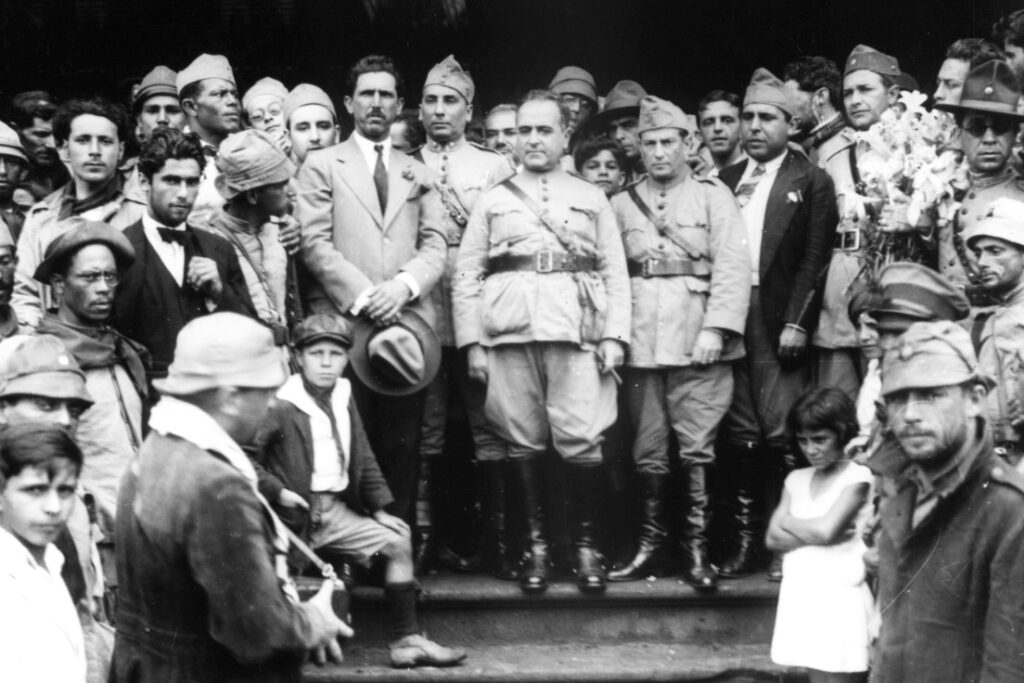
On October 3, 1930, the revolution began. Within weeks, Vargas and his allies seized power, ending the First Republic and ushering in a new era in Brazilian politics. Vargas became the provisional president and would dominate Brazilian politics for the next 15 years, reshaping the country’s institutions, economy, and society.
The Legacy of João Pessoa
João Pessoa’s legacy is twofold: he is remembered as both a progressive governor and a martyr for political reform. His death, while tragic, positioned him as a symbol of resistance against the entrenched oligarchies of his time.
In 1930, shortly after the revolution, the city of Paraíba was renamed João Pessoa in his honor. Today, his name is synonymous with the state’s capital, a place where his memory is kept alive through monuments, museums, and the enduring pride of its residents.
João Pessoa Today: A City of History and Modernity
The city of João Pessoa seamlessly blends its historical roots with modernity. Its colonial-era landmarks, such as the San Francisco Cultural Center and the Church of Our Lady of the Snows, are a testament to its long history. Meanwhile, the bustling downtown and rapidly developing infrastructure showcase its dynamic growth.
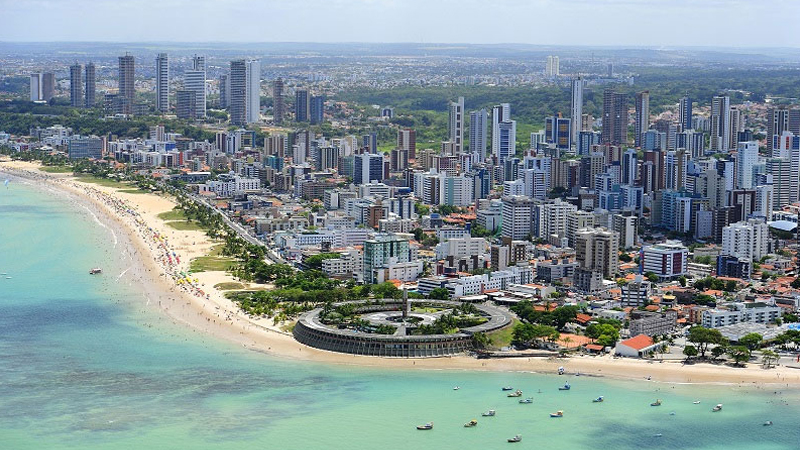
Visitors can explore the João Pessoa Memorial, a space dedicated to the man and his role in Brazilian history. The city also celebrates its cultural heritage through festivals, music, and gastronomy, ensuring that João Pessoa’s story remains a vibrant part of the state’s identity.
A Name That Shaped a Nation
João Pessoa, the city, and João Pessoa, the man, are inseparable in Brazilian history. The city honours the man who fought for justice and modernization in Paraíba, while the man’s assassination set into motion events that forever changed Brazil’s political landscape. Together, they represent the enduring struggle for progress, equality, and reform—a struggle that continues to shape Brazil to this day.

